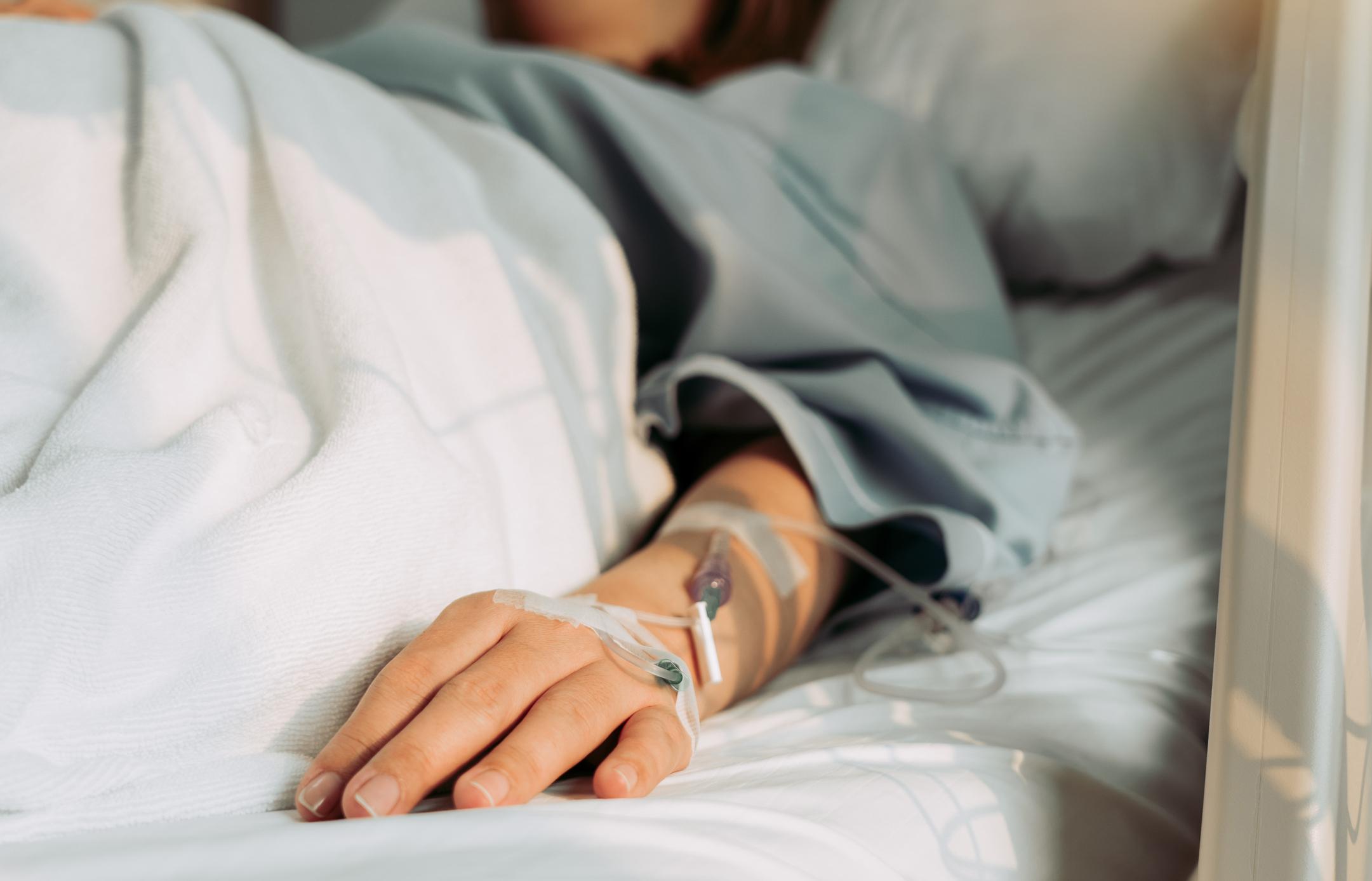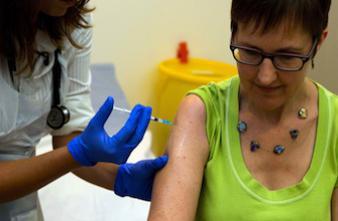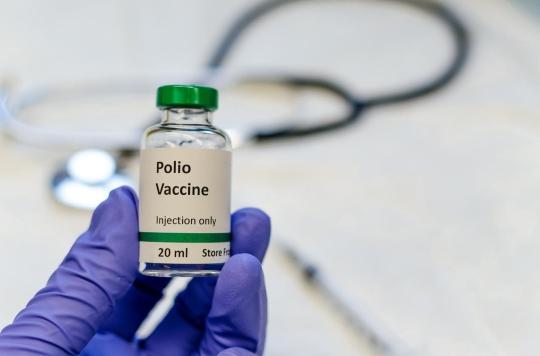Parents of two children aged 3 and 15 months, Samia and Marc are summoned to court for refusing to have them vaccinated. The debate on the interest of compulsory vaccination is relaunched.

Summoned this Thursday to the Tribunal de Grande Instance of Auxerre (Burgundy), Marc and Samia Larère incur two years in prison and a fine of 30,000 euros. They are accused of having refused to have their children of 3 years and 15 months vaccinated against diphtheria, tetanus and polio (DTP). Unless there is a recognized medical contraindication, this vaccination is compulsory (Public Health Code). It is, moreover, widely followed in the country but this trial illustrates a movement that is growing in the interest of compulsory vaccination.
The interest in terms of public health
And the stakes are high. Because for families it is essential to provide proof of these vaccinations for the registration of children in nursery, school, daycare, summer camp or any other community. Parents who refuse to have their children vaccinated are therefore easily spotted. And as a result, they cannot send their child to school.
Faced with these parents who shun vaccination, the High Council of Public Health (HCSP) recently recognized that the vaccination system had to evolve in France. In his last opinion, he is clearly in favor of compulsory vaccines, and believes that they should be free and more numerous.
Vaccination is “the most effective public health action”, judges the HCSP in the preamble to its opinion. In figures, it has indeed provided undeniable results: since 1989, France has not experienced an indigenous case of polio. Tetanus only killed 36 people between 2008 and 2011.
A position that is far from isolated since “this is also the opinion of 56% of the general population and 42% of doctors”, added the HCSP. The latter even wanted to expand the list of mandatory vaccines and add MMR (Measles-Mumps-Rubella) to diphtheria, tetanus and polio vaccinations.
Fear of a drop in immunization coverage
In addition, these experts also affirmed that a major obstacle is opposed to the lifting of the vaccination obligation. According to the HCSP, two surveys by the Institute for Health Watch (InVS) and the Institute for Prevention and Health Education (INPES) revealed that in the event of lifting, 21% of the general population would question the validity of vaccination.
As for doctors, 83% of general practitioners and 90% of pediatricians would insist that parents vaccinate… but 15 and 9% of them would give them the option of not vaccinating. “The fear of a drop in vaccination coverage appears today as the main reason for maintaining a compulsory regime”, concluded the HCSP.
The paradox of compulsory vaccination
Moreover, despite its obvious benefits, compulsory vaccination is based on several paradoxes. Since 1964, no new obligation has been established, even though certain “recommended” vaccination diseases represent “a comparable or even greater burden than that for which vaccination is compulsory”, observed the HCSP. He cites as an example hepatitis B – with 1,300 annual deaths from cirrhosis or liver cancer – and the human papillomavirus – which causes 1,000 deaths each year from cervical cancer.
And the very existence of a “compulsory” category devalues the one which is “recommended”: 53% of people questioned in a study conducted in France believed that the recommended vaccines are less important than the compulsory ones. Not to mention that the combined vaccines combine recommended and mandatory dosages … which further complicates the situation.
The anti-vaccine movement progresses in France
Result, even s‘it is difficult to quantify, the anti-vaccine movement is a reality and is progressing in France. According to figures from IMS Health, a company that provides studies to health actors, the period 2008-2012 saw the sales of vaccine units fall by 12% in all categories, including pediatric, and up to 40% for measles. And the mistrust of the French towards vaccines would continue to grow. According to a BVA Health Insurance survey, one in five people consider the flu vaccine to be more dangerous than the disease itself.
As a reminder, in 2010, national vaccination coverage reached 98.5% for three doses of diphtheria, tetanus, polio (DTP) at two years. And 91.3% for the four doses in this same age group. The pertussis vaccine, although not mandatory, had almost similar rates at the same age.
On the other hand, vaccines (non-compulsory) “MMR“(measles, rubella, mumps) were neglected by the parents. With a rate of only 89.2% of this vaccination in two years for one dose. Worse, in 2010, this rate fell to 60.9% for two doses which are normally recommended by the French health authorities (Source: InVS, Measurement of vaccination coverage in France, November 2012).
.














